What Essential Oils Are Safe For Pregnancy?

Pregnancy’s hormonal and physical changes can leave you feeling fatigued, tired, and sore. If you’re a fan of natural health and wellness, you’re probably interested in using essential oils to help with minor physical complaints.
At the same time, it’s natural to wonder, are essential oils safe during pregnancy and while breastfeeding?
Being an expectant mother and educating yourself on essential oils during pregnancy can be difficult, as there isn’t much information available on the subject. Needless to say, pregnant and nursing mothers do not want to offer themselves nor their children up for research in this area!
While using essential oils during pregnancy and breastfeeding can be beneficial, there are also safety issues that should be assessed. In this article, a certified aromatherapist from our team breakdowns safe and unsafe essential oils for you and your baby to help support you in having a .
Is Diffusing Essential Oils Safe For Pregnancy?
Much of what we know about using essential oils during pregnancy has come from an educated understanding of aromatherapy, natural occurrences, and a handful of case studies.
During pregnancy, essential oils can be:
-
Inhaled
-
Applied topically
-
Added to baths
*Note that we don’t recommend casual ingestion unless you’ve consulted with your doctor and an aromatherapist.
When applied topically or added to baths, essential oils are absorbed through the skin, which means that the baby may be exposed to the oil as it passes through the placental lining. A dose that’s palliative and therapeutic for an adult may have an adverse reaction or different effect on a developing fetus.
That’s why it’s important to exercise caution when using essential oils during pregnancy.
Below are our top safety tips for essential oils and pregnancy:
-
First Trimester: It is not recommended that you use essential oils in the first trimester, which is considered the most delicate time in pregnancy.
-
Difficult Pregnancies: If you’re having complications, it may be best to avoid essential oils.
-
Amount of Use: It is recommended that you do not use essential oils frequently, but rather minimally. Less is more. You only need a few drops to reap the relaxing benefits of essential oil and to protect your baby
-
Proper Dilution: Dilute your essential oil to 1% during topical application that you don't overwhelm your system.
-
Essential Oils Not Safe For Pregnancy: It is important to know which oils are regarded as unsafe to use during pregnancy and postpartum if breastfeeding. For example, solvent extracted oils (or absolutes) are not recommended for use during pregnancy.
-
Diffusing Essential Oils While Pregnant: It is recommended that you do not diffuse for long periods of time and that your diffuser is in a well-ventilated room. For example, try opening a window while your diffuser is running.
-
Speak With A Certified Aromatherapist: It is highly recommended that if you choose to use essential oils during pregnancy and breastfeeding, you work with a qualified aromatherapist who specializes in using essential oils during pregnancy. Most medical doctors do not have experience in using essential oils and should not be relied on for aromatherapy advice.
-
Stay Educated: It doesn’t hurt to do research on safe essential oils. If you have the time, read Aromatherapy in Midwifery Practice by Denise Tran. This book is a good read for expectant, pregnant, and nursing mothers using essential oils.
When it comes to aromatherapy, Emily Sisco, Nurse-Midwife with the Mayo Clinic, recommends that women “start with one drop of their chosen essential oil and increase up to three to five drops based on their tolerance.”
As you already know, your sense of smell changes with pregnancy, and essential oils may be more overwhelming than usual. If you use essential oils regularly, prepare to use smaller amounts and lower concentrations during pregnancy.
Next, let’s take a look at some of the ways essential oils can help.
Treating Minor Muscle Aches and Soreness
During pregnancy, something is bound to hurt, whether your lower back is under strain from the extra baby weight, or your feet have grown tired of carrying you around.
In cases like these, essential oils can be a natural, soothing way to reduce discomfort so you can stay active and confident during your pregnancy.
Ideal essential oils for managing aches include:
-
Ylang Ylang Extra – Ylang Ylang Extra helps you feel beautiful from the inside out. Not to mention it can alleviate muscle strain and minor pains. Dilute and have a partner massage onto tense areas.
-
Rose Otto – Among Rose’s many benefits, its ability to reduce inflammation and alleviate aches is amongst our favorite. Not to mention, Rose Otto essential oil is powerfully antioxidant and can reduce the appearance of dark circles and fine lines.
Lessening your physical discomfort can help you get better sleep and experience less stress. However, there are several other oils that can specifically help soothe nerves.
Essential Oils To Help With Pregnancy Stress
Stress takes a toll on everyone, but it can often take an even greater toll on pregnant women. From low birth weight in infants to preterm labor, there are many reasons to avoid stress at all costs during pregnancy.
In addition to light exercise, yoga, and meditation, essential oils can help to reduce nerves and stay grounded.
Some of the essential oils you already own may be beneficial during pregnancy:
-
Ylang Ylang – Sweet, floral Ylang Ylang is well-known for its ability to uplift mood and reduce stress. In addition, it can have a slightly relaxing effect, helping you drift off to sleep at night. If you’re experiencing restless nights during pregnancy, add 4 drops Ylang Ylang to 1 oz Fractionated Coconut oil, and add the mixture to your bath along with 1 oz Epsom salt.*
-
Lavender French – The mother of all essential oils, the French variety of Lavender, has a deeply relaxing aroma that can help melt stress. This oil is best kept on hand at all times in a personal inhaler. Simply take it out and practice deep breathing exercises when you feel stress creep up.
-
Sweet Orange – Crisp, citrusy, and uplifting, Sweet Orange helps restore a sense of confidence when you feel like you’re lacking, reminding you that you’re doing your very best. Pop in the diffuser when you need a pick-me-up.
-
Neroli – With its cool, floral, and centering aroma, Neroli can help to soothe shock. If your life feels out-of-balance as pregnancy wears on, take out Neroli and say goodbye to stress. Add 6 drops of Neroli to 1 oz of Rosehip carrier oil and combine with 1 oz of pink Himalayan salt. Add to your bath and let bad thoughts pass away.*
-
Frankincense Sacra – Rooted in history for its tranquil aroma, Frankincense Sacra helps restore equanimity and peace of mind. When stress strikes, mix 6 drops of Frankincense Sacra with 1 oz of Camellia Seed and rub a few drops in the palms of your hands. Cupping your hands to your face, take deep breaths to send worries away.
Essential Oils For Nausea
While we don’t recommend essential oils for morning sickness during your first trimester, they can be a helpful aid if nausea persists later into your pregnancy.
The two best-understood essential oils for nausea during pregnancy include:
-
Lemon – A 2014 study found that, when inhaled, Lemon can be effective in reducing both nausea and vomiting during pregnancy. As an added bonus, bright, citrusy Lemon uplifts your mood. If nausea leaves you uncomfortable, carrying a personal pocket inhaler stocked with Lemon oil can help you get your confidence and comfort back.
-
Peppermint – A study on Peppermint’s ability to alleviate nausea in women post-C-section found it to be quite effective at relieving nausea.5 If you find Peppermint calming and helpful, consider combining it with Lemon in your diffuser.
Essential Oils To Avoid During Pregnancy
The following oils should not be used during pregnancy and breastfeeding.[6] Please note that this is not a complete list.
-
Birch
-
Blue Cypress
-
Buchu
-
Carrot Seed
-
Cassia
-
Cinnamon Bark
-
Clary Sage
-
Fennel
-
Myrrh
-
Oregano
-
Sage
- Star Anise
-
Vitex
-
Wintergreen
Essential Oils To Use With Caution
Beyond the essential oils to avoid while pregnant, the following oils should be used with caution during pregnancy and breastfeeding. Please note that this is not a complete list.
-
Lemon Basil
-
Lemongrass
-
Lemon Tea Tree
-
Litsea
DIY Stretch Mark Body Butter
There are some factors in pregnancy we wish we could do without, such as nausea, headache, acid reflux, fatigue… the list goes on! But let’s be thankful for the factors we can control, like stretch marks. We’ve come up with an all-natural solution to this very problem so you can enjoy your pregnancy to the fullest.
What You Need
-
1/2 oz. Soy Wax
-
1 oz. Cocoa Butter
-
1 oz. Avocado carrier oil
-
5 drops Lavender essential oil
-
5 drops Patchouli essential oil
-
3 oz. Glass Jar
*This recipe is diluted at 1%
How To
-
Measure your ingredients. You may have to weigh ingredients such as soy wax and cocoa butter for an exact measurement.
-
Melt soy wax and cocoa butter in a double boiler.
-
Stir in Avocado carrier oil. Remove from heat.
-
Add the essential oils to your glass jar, then pour in the mixture and stir ingredients together.
-
Allow the body butter to cool and solidify.
-
Smooth a dollop of the body butter over your belly and stretch marks.
If you are not using essential oils during pregnancy or nursing, this body butter is still skin nourishing and may help to reduce the look of stretch marks when the essential oils are removed.
*Note, oil can cause the bath floor to become slippery and extra caution should be taken when getting in and out.
If you have more questions about oils safe for pregnancy and breastfeeding, contact us to speak with one of our aromatherapists.
Sources:
1. Sisco, Emily. “Essential Oils and Pregnancy.” The Mayo Clinic. https://
www.mayoclinichealthsystem.org/hometown-health/speaking-of-health/essential-oils-and-pregnancy
2. Shirazi, Mahbobeh et al. “The Effect of Topical Rosa damascena (Rose) Oil on Pregnancy-Related Low Back Pain.” Journal of Evidence-Based Complementary & Alternative Medicine 22.1(2017): 120-126. https://journals.sagepub.com/doi/full/10.1177/2156587216654601
3. Walla, Donna. “Herbs and Natural Therapies for Pregnancy.”
4. Yavari Kia P, Safajou F, Shahnazi, and M, Nazemiyeh H. “The effect of lemon inhalation aromatherapy on nausea and vomiting of pregnancy. Iranian Red Crescent Medical Journal. 16.3 (2014). https://pubmed.ncbi.nlm.nih.gov/24829772/
5. Lane, Betty. “Examination of the Effectiveness of Peppermint Aromatherapy on Nausea in Women Post C-Section.” PubMed, June 2012, pubmed.ncbi.nlm.nih.gov/22034523.
6. Tisserand, Robert and Rodney Young. Essential Oil Safety. Churchill Livingstone, 2014. https://www.sciencedirect.com/book/9780443062414/essential-oil-safety
7. National Association for Holistic Aromatherapy. Safety Information. https://naha.org/explore-aromatherapy/safety
Grab The Essentials Here:
Leave a comment (Comments will be approved before showing up)
4 comments
Aly
Hi, I am 9 months pregnant. Is the Muscle Relief blend safe for use when pregnant?
Edens Garden
Hi Marie! I would suggest Healthy Hero for wellness, Stress Relief for stress and Lavender for help sleeping, skincare and stress. All of these oils are available in our Create Your Own sets.
Marie
Hi My daughter in law is 5 mths pregnant and will be flying with a 2 year old to Europe.
What would be a good travel pack of essential oils to use for both mum and 2 year old.



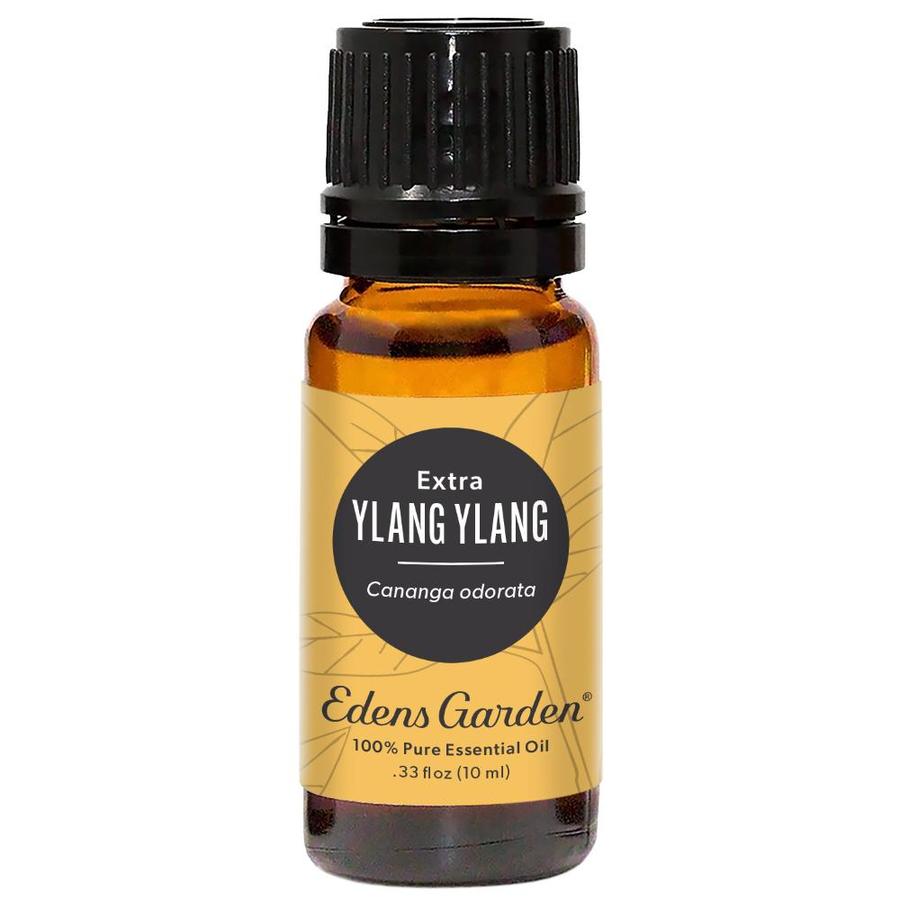
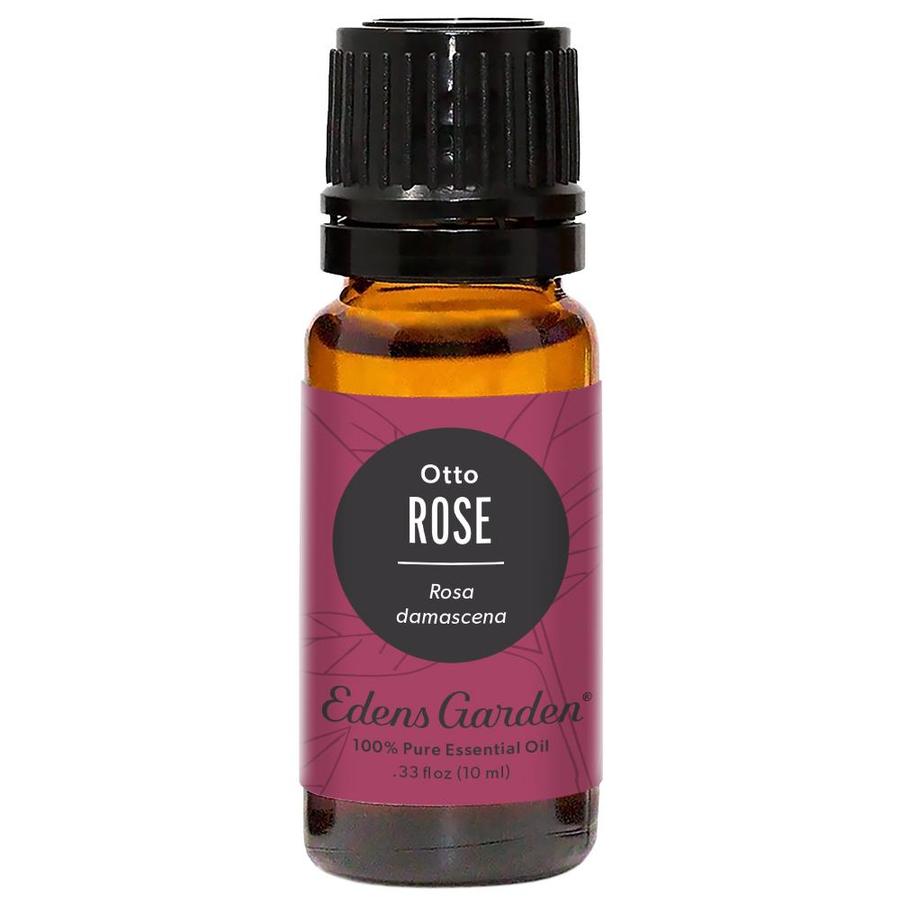
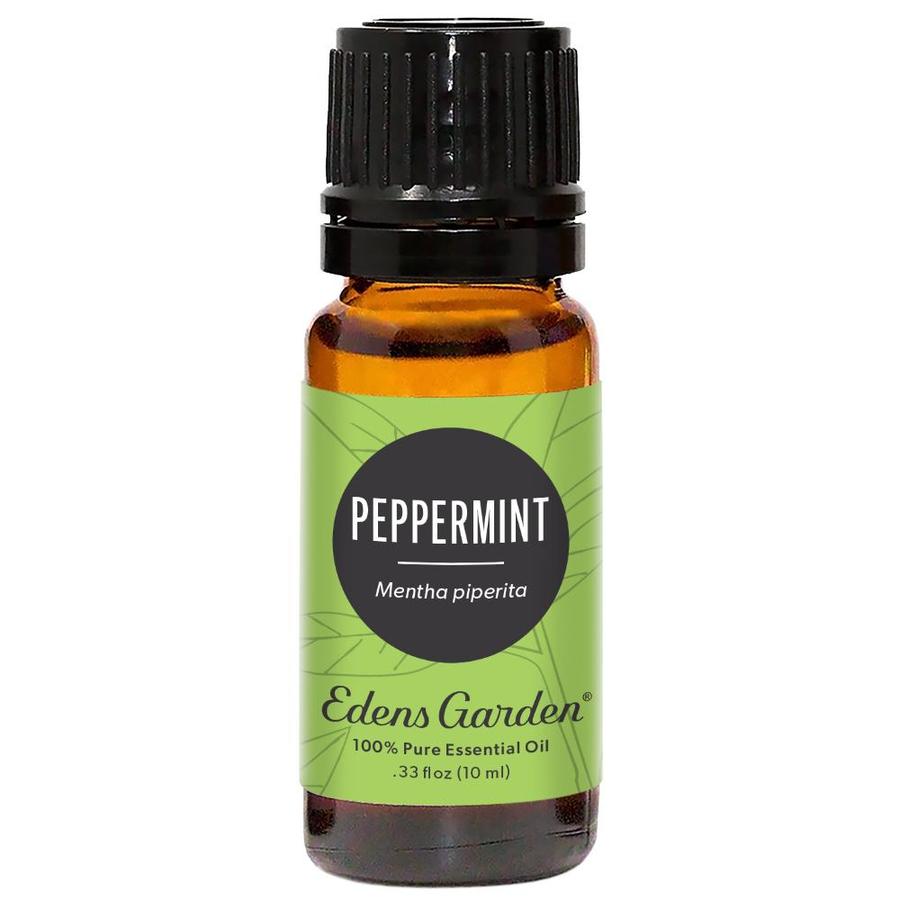
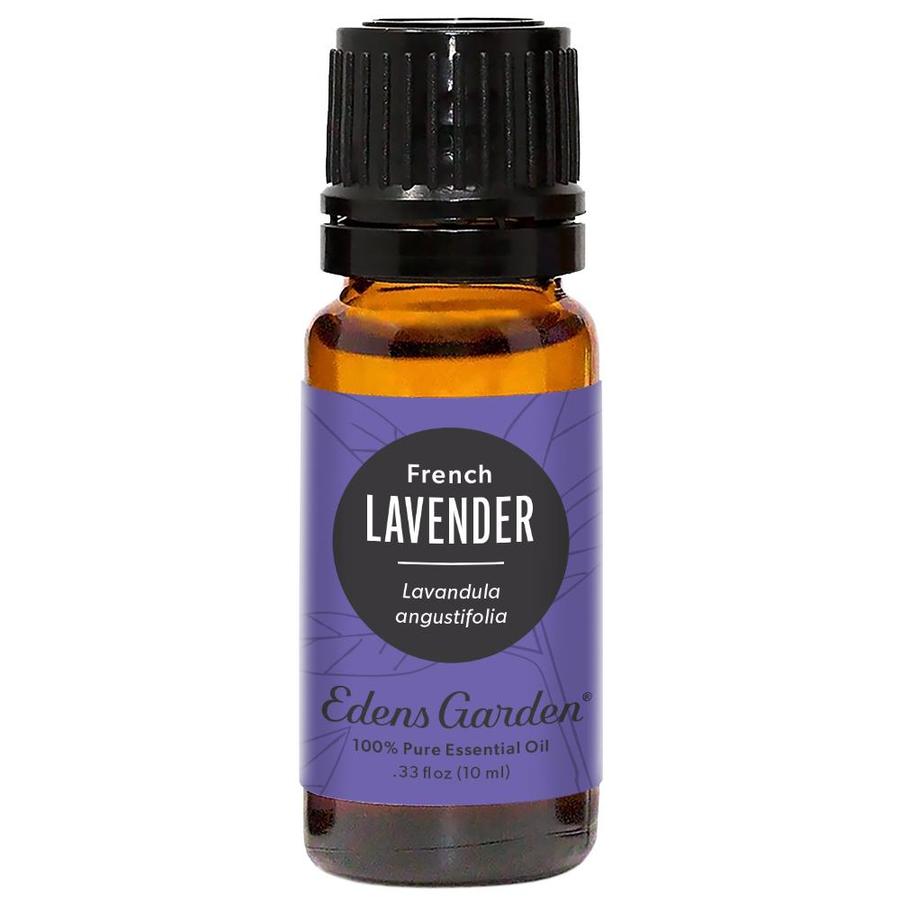

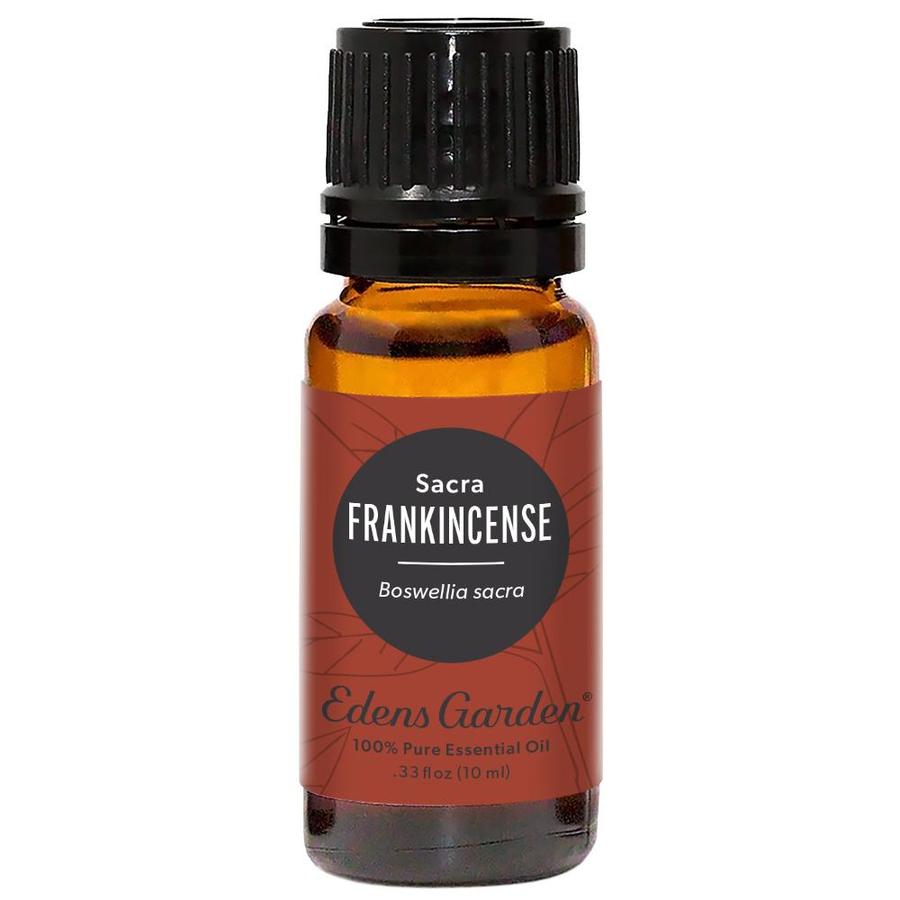
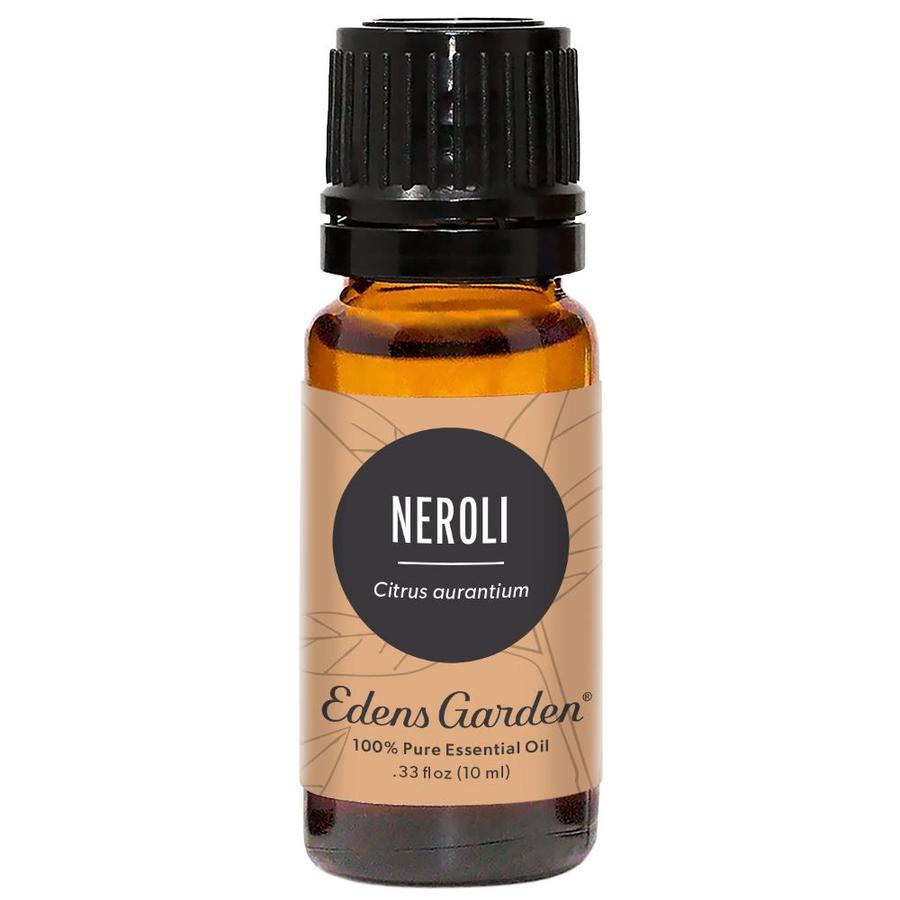




Edens Garden
June 21, 2021 at 8:56 am
Hi Aly! Congratulations on your new baby ❤️ Muscle Relief contains Wintergreen which unfortunately is not recommended for those pregnant and nursing.